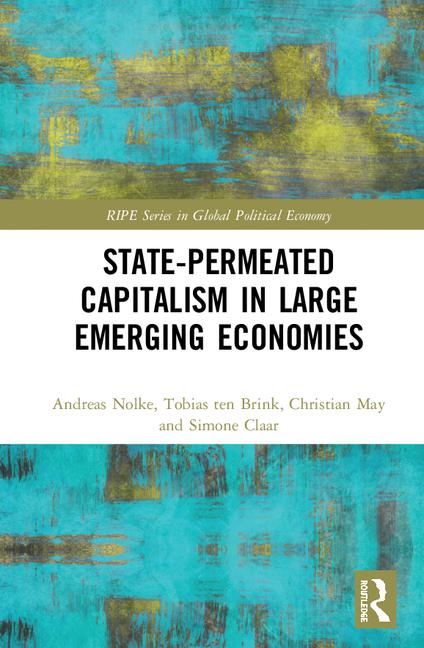
In recent years, state capitalism has become an important buzzword in the development economics discussion (again). In view of the very different ways in which this term is used, Ilias Alami and Adam Dixon recently highlighted the dangers of using the term too loosely in an article in Competition and Change. In view of its recent popularity, state capitalism could suffer a similar fate to the terms “neoliberalism” or “financialisation” by becoming a very loose rallying cry without any significant analytical value. To overcome this problematic situation, Alami and Dixon propose that future research should (1) develop a theory of the capitalist state, (2) circumscribe the time horizons of state capitalism, and (3) locate state capitalism more precisely in territorial and geographical terms.
Although I am not sure whether the genius can be put back into the bottle by developing a unified theory of the state (too many different theoretical traditions are involved by now), I am very sympathetic to the latter two demands. Our recently published book “State-permeated Capitalism in Large Emerging Economies” (Routledge) is a modest contribution to the latter goals. It deals with the economic development of Brazil, India, China and South Africa between 2000 and 2015. Departing from a “comparative capitalism” perspective, we have developed an ideal type of state-permeated capitalism – as opposed to liberal, coordinated and dependent capitalism – and examined to what extent large emerging markets are approaching this ideal type. Read More »